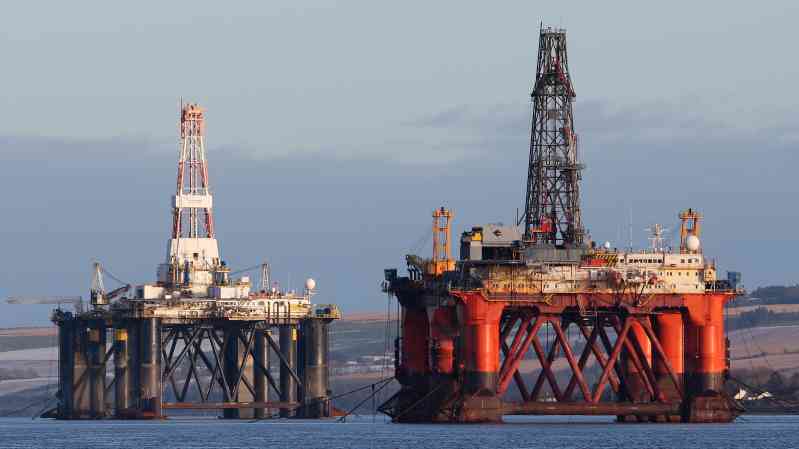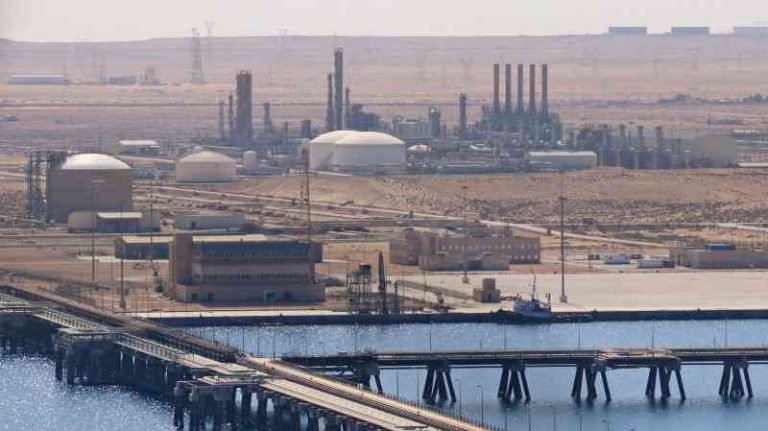Higher windfall tax on offshore oil will ‘lose the UK £13bn’
Britain will lose £13 billion in economic value from raising the windfall tax on its offshore oil and gas industries, a trade body has warned.
The loss would be a result of oil and gas companies cutting their investment in British projects, which in turn would have an impact on local companies in their supply chains, Offshore Energies UK said.
Labour confirmed at the end of July that it planned to add a further three percentage points to the energy profits levy to take the headline tax rate to 78 per cent. In addition, it has extended the levy for another 12 months to March 2030. Certain investment allowances associated with the tariff are also being removed, with details expected in the chancellor’s first budget on October 30.
In its latest lobbying over the proposed change, Offshore Energies UK, which represents more than 400 offshore oil and gas companies, said that while the expected tax take from the sector would increase in the short term, a rapid fall in production triggered by the loss of investment would result in a £12 billion decline in tax receipts.
The levy was introduced in May 2022 after an outcry over record profits at Shell and BP, which had benefited from the energy price crisis.
David Whitehouse, chief executive of the trade body, acknowledged that “difficult decisions will need to be made” in October’s budget, but said its analysis demonstrated that the energy profits levy “will ultimately reduce this sector’s contribution to the UK economy. For more than two years, UK oil and gas operators have paid three times the rate of corporation tax of any other sector in the economy. Time is running out to mitigate damage that has already been done to avoid further escalation”.
The organisation estimates that the increase in the windfall tax would lead to investments in UK projects by oil and gas producers dropping from an expected £14.1 billion to only £2.3 billion between 2025 and 2029. It warned that projects being cancelled or deferred would place 35,000 jobs at risk over the next five years.
In June, Deltic Energy abandoned work on the Pensacola project, one of the largest discoveries in the southern North Sea in at least a decade. It said it had failed to find an investor to take on its share or to secure any alternative financing because of “deteriorating sentiment” towards the sector.
Deltic’s withdrawal came after a decision by Jersey Oil & Gas, another London-listed company, to delay a decision on a new development in the North Sea because of uncertainties over further punitive windfall taxes.






